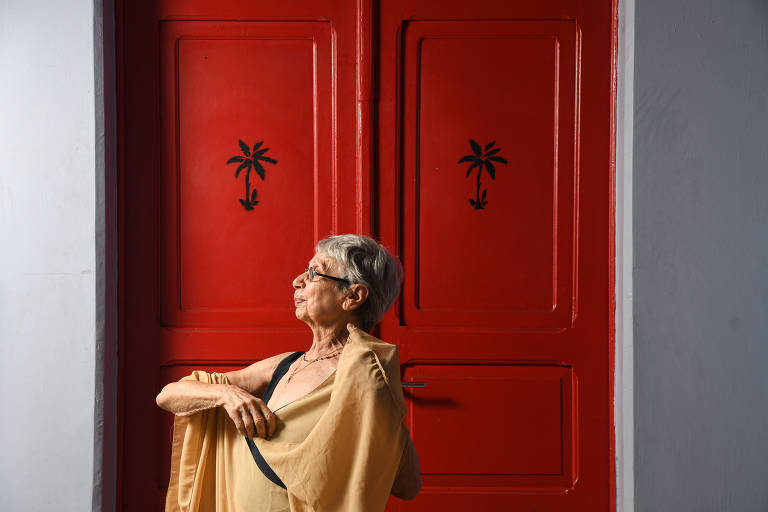The life's journey of Marika Gidali, 85, has different acts, just like the countless spectacles she has performed in and directed in recent decades.
The first act is marked by the footsteps of soldiers and the sounds of bombs falling all over Budapest, her hometown, during World War II.
The second includes the movement of leaving this part of history, coming to Brazil, and discovering herself in the dance.
The third is composed of steps of Brazilianness and affection alongside her partner, also dancer Décio Otero. Together they created the Ballet Stagium, various social projects for children and teachers, and a family.
"Family, for me, is a big hug. And I felt embraced by Brazil. São Paulo became my homeland", says the artist, one of the chosen ones for the campaign "Obrigado, paulistanos" (Thank you, paulistanos), by the local Jewish community.
"Dance is inside my body, just like Judaism. For a long time, I cemented history. Until the ballet 'Holocausto' [one of Stagium's shows], I used to speak of the Holocaust and cry. Today, I don't do that. It was through dancing that I managed to tear down the wall, and it was in a spiritual, beautiful way", completes Marika.
Translated by Cassy Dias
